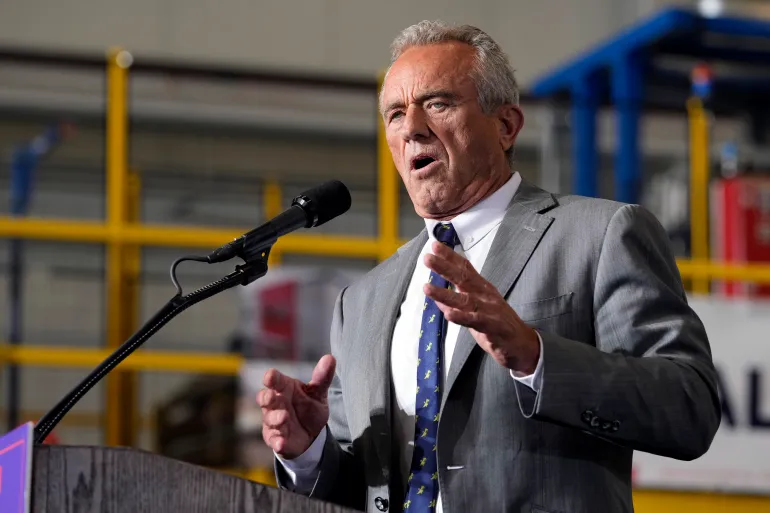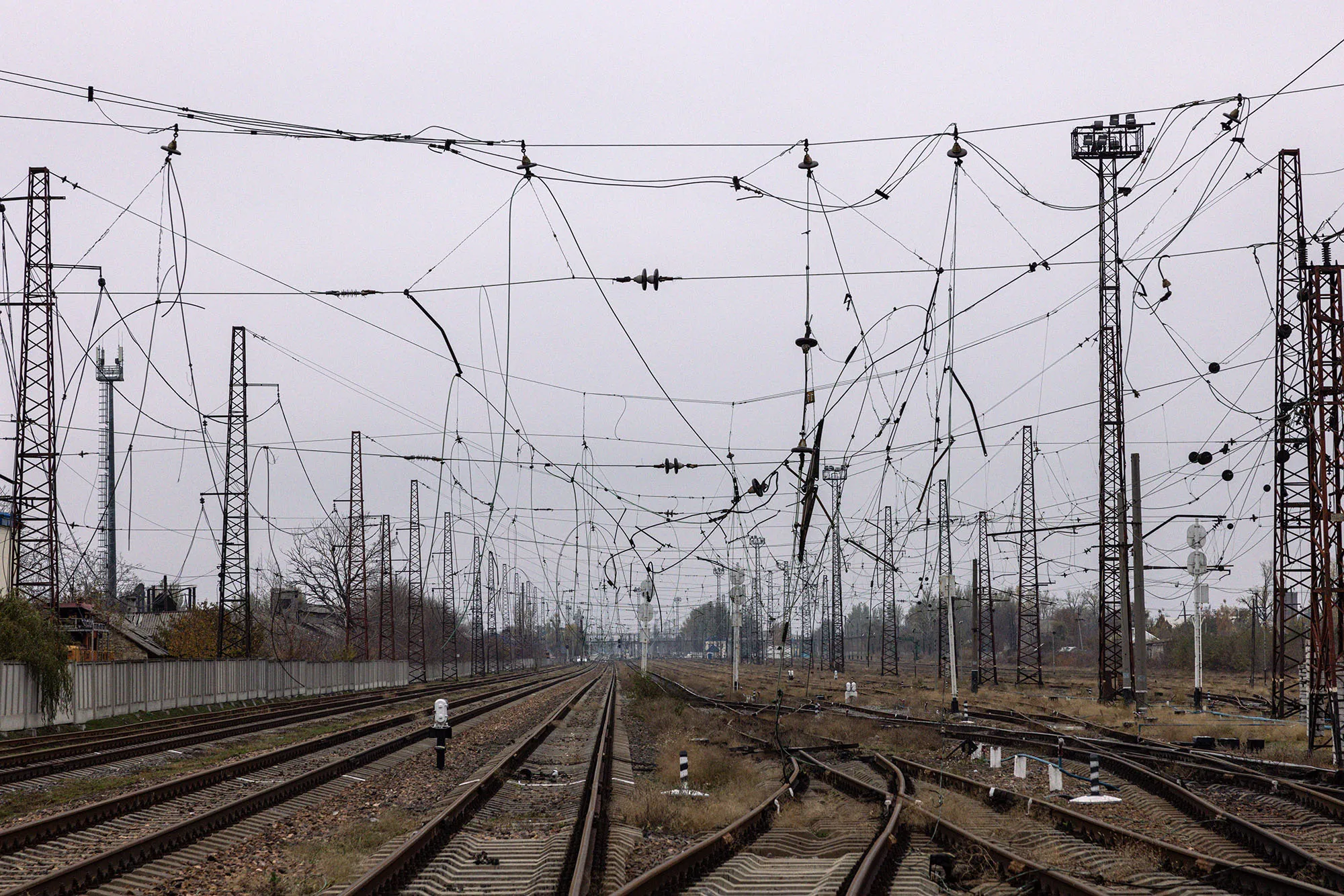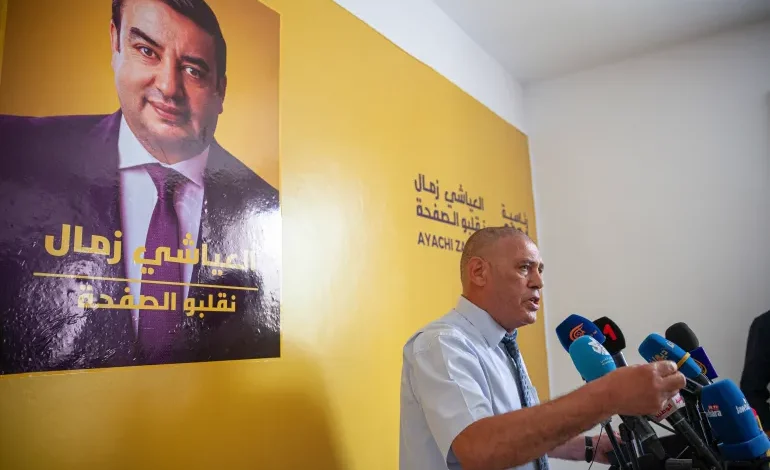Tunisian presidential candidate Ayachi Zammel has been sentenced to six months in prison for falsifying documents, marking his second prison sentence in a week and fueling concerns about the integrity of the nation’s upcoming election, Al Jazeera reports.
This latest sentence, handed down by the Criminal Chamber of the Jendouba Court of First Instance, comes just days before the October 6 presidential vote.
Zammel, a businessman with limited public recognition prior to his presidential bid, was initially arrested on September 2 for allegedly falsifying signatures on his candidacy papers. He was released on September 6 but promptly rearrested on similar accusations.
The head of Tunisia’s Azimoun party, Zammel is one of only three approved candidates competing against incumbent President Kais Saied and Zouhair Magzhaoui, a former Saied supporter. The ongoing legal proceedings against Zammel highlight mounting tensions surrounding the election, particularly with the opposition and civil society groups expressing worries over a potentially rigged vote aimed at securing Saied’s re-election.
The recent disqualifications of three prominent candidates earlier this month by an electoral commission appointed by Saied further exacerbated political tensions in Tunisia. The decision sparked protests from opposition groups and civil society, who have condemned the move as a ploy to stifle dissent. Notably, Saied’s two most prominent critics, Abir Moussi of the Free Destourian Party and Rached Ghannouchi of the Islamist party Ennahdha, have been imprisoned since last year.
Civil liberty advocates have condemned the crackdown as evidence of Tunisia’s democratic backsliding. Amnesty International this week labeled it “a clear pre-election assault on the pillars of human rights and the rule of law.” The recent arrest of Abdellatif El Mekki, one of the three reinstated candidates, on charges stemming from a 2014 murder investigation, further reinforces concerns of politically motivated persecution.
Saied, seeking a second term, rose to power in the 2019 election. However, his subsequent power grab in 2021, which involved shutting down Parliament and ruling by decree, has raised serious questions about the state of democracy in Tunisia.









